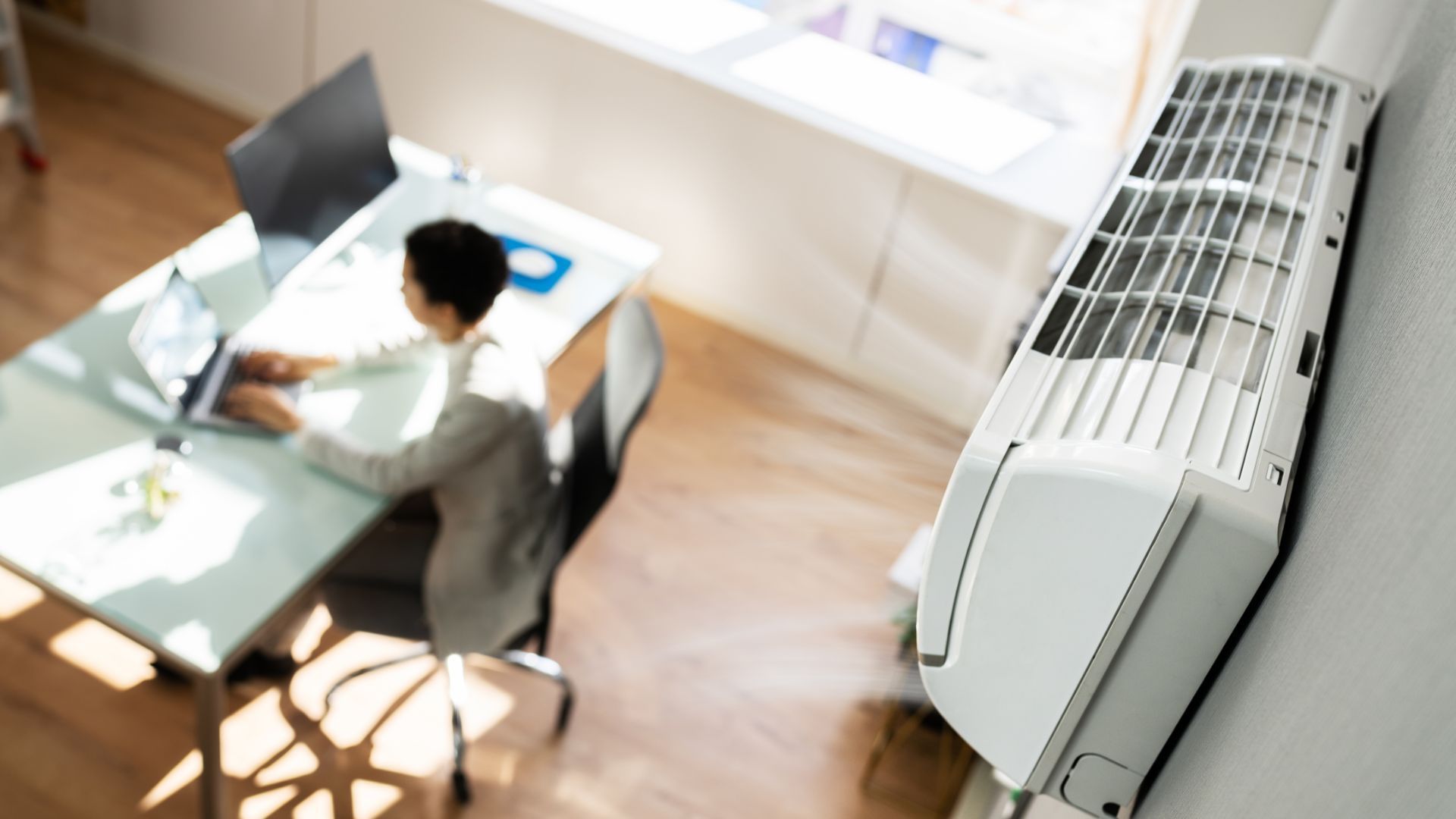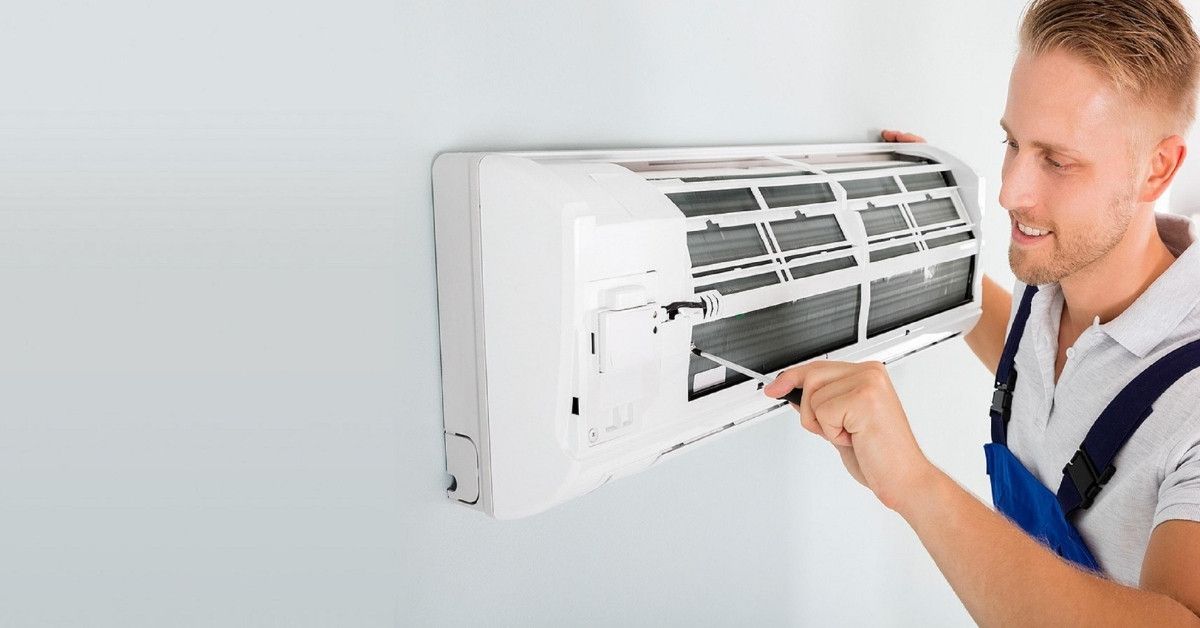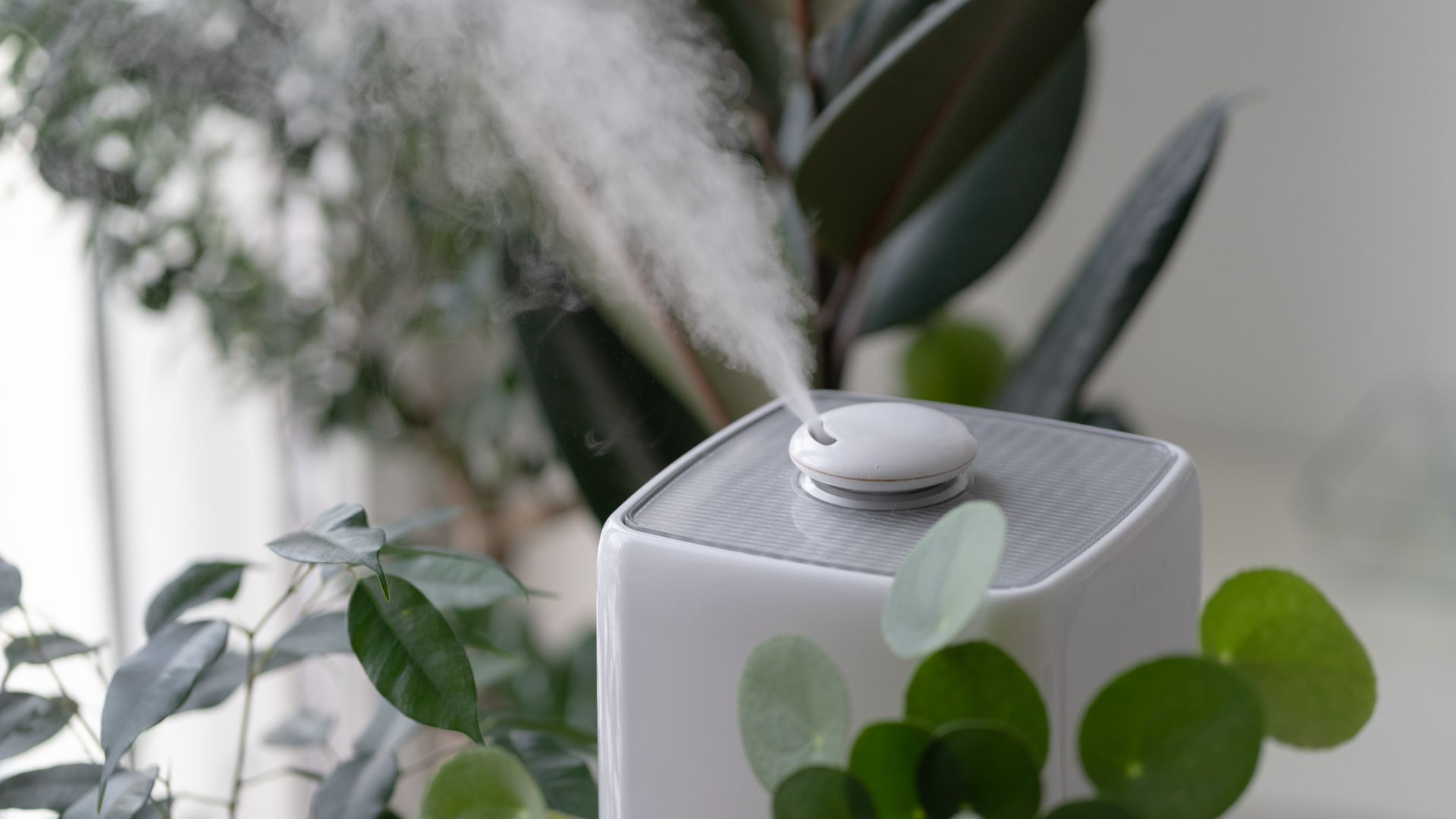Humidifier vs Diffuser: Choose The Right One For You
Humidifier vs Diffuser: Choose The Right One For You

If you're considering purchasing a humidifier or diffuser, you may be wondering what the difference is between the two and which one is best suited for your needs. Both humidifiers and diffusers can be useful for adding moisture to the air and improving indoor air quality, but they work in different ways and have some distinct differences.
In this article, we'll explore the differences between humidifiers and diffusers, the benefits and drawbacks of each, and help you determine which one is right for you.
What is a Humidifier
A
humidifier
is a device that adds moisture to the air by releasing a fine mist or vapor. There are several types of humidifiers, including cool mist humidifiers, warm mist humidifiers, and ultrasonic humidifiers. Cool mist humidifiers use a fan to blow air through a wick or filter, which absorbs water from a tank and releases it into the air as a cool mist.
Warm mist humidifiers, on the other hand, use a heating element to vaporize the water, releasing it into the air as a warm mist. Ultrasonic humidifiers use high-frequency vibrations to create a fine mist, which is then released into the air.
Benefits of Humidifiers
- Improving Indoor Air Quality
Dry air can irritate the respiratory system and exacerbate allergies, asthma, and other respiratory conditions. By adding moisture to the air, humidifiers can help alleviate these symptoms and improve indoor air quality.
- Relieving Dry Skin
Dry air can also lead to dry, itchy skin, and using a humidifier can help keep your skin moisturized and healthy.
- Reducing Static Electricity
Dry air can cause static electricity, which can be annoying and even dangerous if you're working with electronics. A humidifier can help reduce static electricity by increasing the humidity in the air.
- Improving Sleep
Dry air can make it difficult to sleep, as it can lead to a dry throat and congestion. Using a humidifier can help keep the air moist and make it easier to breathe, leading to better sleep.
Drawbacks of Humidifiers
- Potential For Mold Growth
If the humidifier is not properly cleaned and maintained, it can become a breeding ground for mold and bacteria. This can lead to respiratory problems and other health issues.
- Risk Of Burns
If you're using a warm mist humidifier, there is a risk of burns if you accidentally touch the heating element. Children and pets are particularly at risk of this.
- Cost
Humidifiers can be more expensive to purchase and operate than diffusers, as they require more energy to run and may need more frequent cleaning and maintenance.
What is a Diffuser
A diffuser is a device that disperses essential oils into the air, releasing a fine mist or vapor. There are several types of diffusers, including nebulizing diffusers, ultrasonic diffusers, and evaporative diffusers.
Nebulizing diffusers use a high-pressure air stream to vaporize the essential oils, breaking them down into tiny particles that are then released into the air. Ultrasonic diffusers use high-frequency vibrations to create a fine mist, which is then mixed with the essential oils and released into the air.
Evaporative diffusers use a fan to blow air through a pad or filter, which absorbs the essential oils and releases them into the air.
Benefits of Diffusers
- Improving Indoor Air Quality
Essential oils have a variety of therapeutic properties, and using a diffuser can help improve indoor air quality by releasing these oils into the air.
- Reducing Stress And Promoting Relaxation
Many essential oils have a calming effect, and using a diffuser can help reduce stress and promote relaxation.
- Enhancing Sleep
Some essential oils, such as lavender, are known for their ability to improve sleep. Using a diffuser with these oils can help enhance sleep quality.
- Reducing Allergic Reactions
Some essential oils, such as eucalyptus and peppermint, have natural decongestant properties and can help reduce allergic reactions and improve respiratory health.
Drawbacks of Diffusers
- Cost
Essential oils can be expensive, and using a diffuser can also add to the cost as you will need to regularly purchase new oils.
- Possible Allergic Reactions
Some people may be allergic to certain essential oils, and using a diffuser can cause allergic reactions in these individuals.
- Lack Of Moisture
While diffusers can improve indoor air quality, they do not add moisture to the air like humidifiers. A humidifier may be a better option if you live in a dry climate or are experiencing dryness in your home.
Which is Right for You: Humidifier or Diffuser
Your primary goal is to add moisture to the air or improve indoor air quality with essential oils. A humidifier is likely the better choice if your primary goal is to add moisture to the air. A diffuser may be a better option if you're more interested in the therapeutic benefits of essential oils.
- Your Budget
Humidifiers can be more expensive to purchase and operate than diffusers, so if cost is a concern, a diffuser may be a more budget-friendly option.
- Your Needs
Consider your specific needs and how a humidifier or diffuser will fit into your routine. If you have a large space or need to run the device for long periods of time, a humidifier may be more practical. If you prefer the convenience of essential oils and only need the device for short periods of time, a diffuser may be a better fit.
Conclusion
In conclusion, both humidifiers and diffusers can be useful for improving indoor air quality, but they work in different ways and have some distinct differences. Humidifiers add moisture to the air, which can help alleviate respiratory symptoms, improve sleep, and reduce static electricity.
Diffusers release essential oils into the air, which can improve indoor air quality, reduce stress, and enhance sleep. When deciding between a humidifier and a diffuser, consider your primary goal, budget, and specific needs to determine which one is right for you.
Made your mind up? Visit us now so that you can choose the best!










